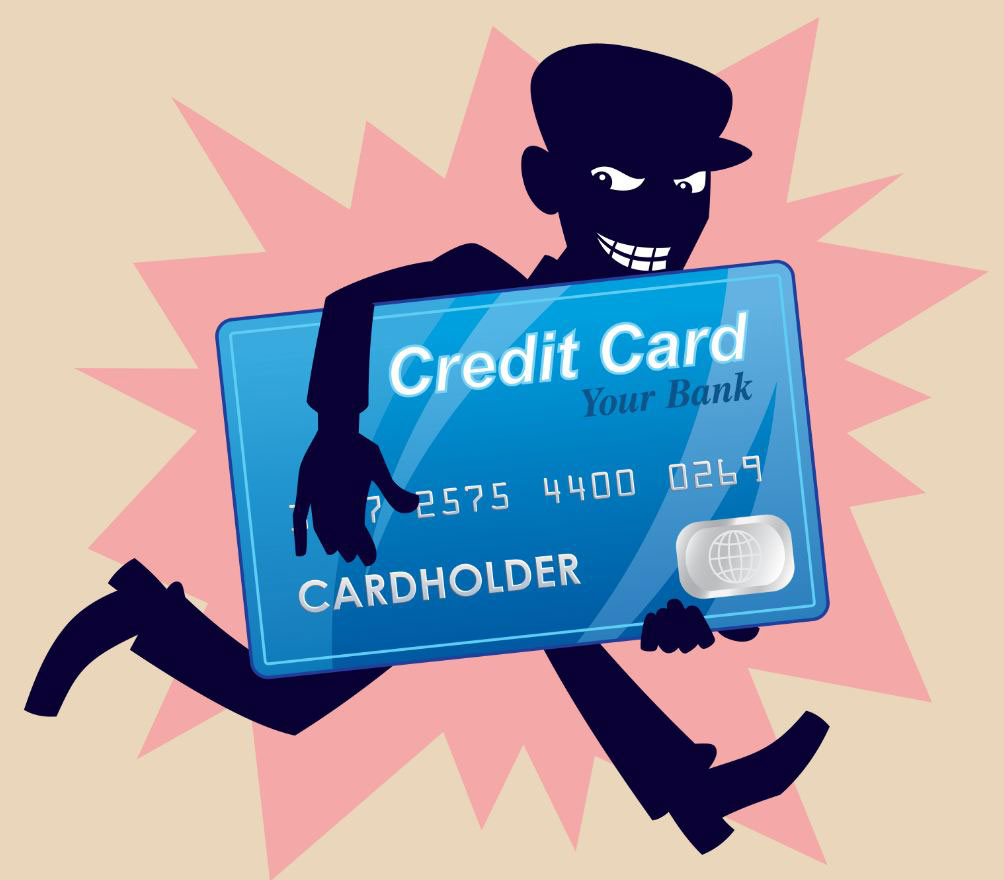
Despite the robust security measures in place, there is still a risk of credit card data being compromised. This article provides valuable guidance on what to do if you suspect your credit card information has been compromised. With up-to-date data and expert advice, we outline the steps you should take to protect your finances and minimize potential damage.
1. Act Swiftly and Notify Your Bank:
If you suspect that your credit card information has been compromised, the first and most crucial step is to contact your bank or credit card issuer immediately. They can put a hold on your account, prevent further unauthorized transactions, and guide you through the necessary steps to resolve the issue. Prompt action is essential to limit potential financial loss and mitigate any damage caused by the data breach.
2. Monitor Your Accounts and Statements:
Regularly monitor your credit card accounts and bank statements for any suspicious or unauthorized transactions. In case of a data breach, cybercriminals may attempt to make unauthorized purchases or withdrawals. By promptly reviewing your statements, you can identify any fraudulent activity and report it to your bank or card issuer promptly. Many financial institutions offer online tools and mobile apps that allow you to monitor your accounts in real-time for enhanced security.
3. Update Passwords and Enable Two-Factor Authentication:
As a precautionary measure, change the passwords associated with your compromised credit card and any other accounts that may have shared passwords. Ensure that your new passwords are strong and unique for each account. Additionally, consider enabling two-factor authentication for added security. This extra layer of verification helps protect your accounts by requiring a second form of authentication, such as a unique code sent to your mobile device.
4. Place a Fraud Alert and Monitor Your Credit Report:
Contact one of the major credit bureaus (Equifax, Experian, or TransUnion) and request a fraud alert to be placed on your credit report. This alert notifies potential lenders that your personal information may have been compromised, prompting them to take additional steps to verify your identity. It is also wise to regularly monitor your credit report for any suspicious activity or accounts opened without your knowledge, as this could be a sign of identity theft.
5. Be Vigilant and Educate Yourself:
Maintaining vigilance and staying informed about the latest scams and security breaches is crucial in protecting your financial information. Keep an eye out for phishing emails, suspicious links, or fraudulent websites seeking to obtain your personal data. Regularly educate yourself about best practices for online security and consider using reputable antivirus and antimalware software on your devices.
Credit card data breaches are an unfortunate reality. However, by acting swiftly, notifying your bank, monitoring your accounts, updating passwords, placing fraud alerts, and staying vigilant, you can take proactive steps to protect your financial security. Remember, early detection and response are key to minimizing any potential damage. By following these steps and staying informed, you can regain control of your credit card information and safeguard your financial well-being.
Dil Bole Oberoi





